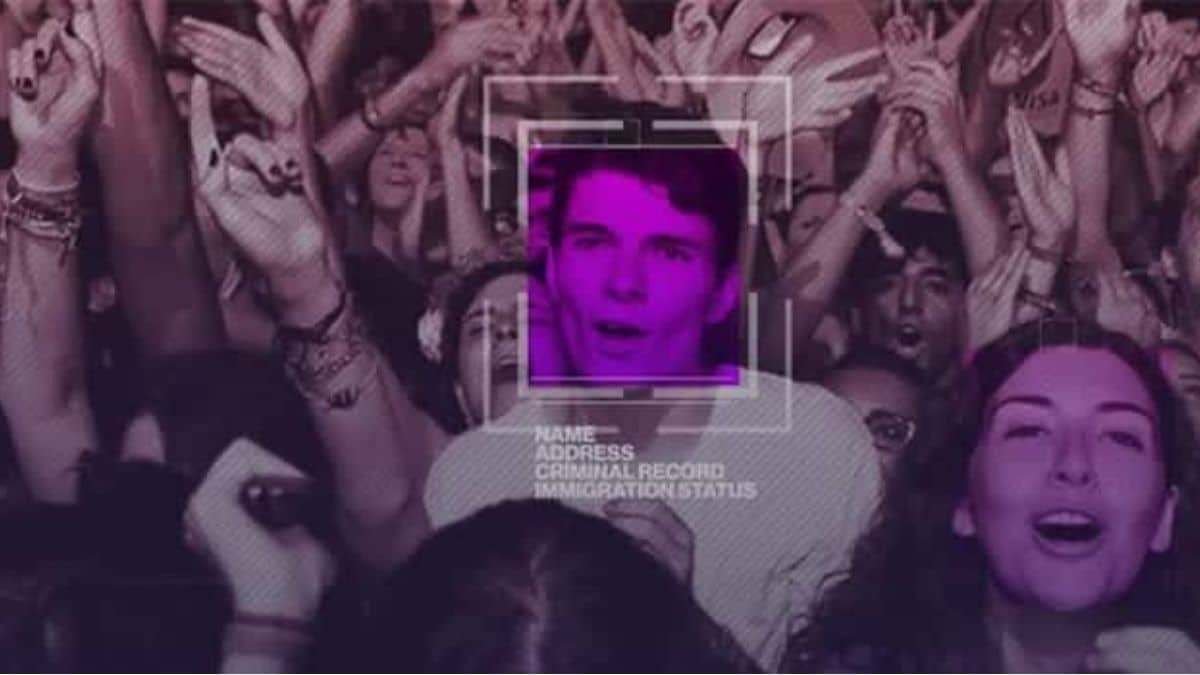Next time you head to a sports stadium, you might be able to show your face, rather than a ticket.
Facial recognition has been on the rise for years, though in 2023, several venues across the U.S. implemented the technology. Others see it as the next step in the future and are testing the technology at venues throughout the world. While it may seem like tangible or mobile tickets are an easier process for venues and fans, AI technology aims to improve the fan experience by implementing contactless entry, heightening security, and collecting demographic data to market events.
Pasadena, California’s Rose Bowl Stadium was one of the first to adopt facial recognition technology back in 2017, using the technology at metal detectors to keep tabs on certain personnel and watch out for dangerous individuals.
Several football stadiums have implemented the technology: the Cleveland Browns’ FirstEngergy Stadium, the Denver Broncos’ Empower Field, and the Atlanta Falcons’ Mercedes-Benz Stadium. San Diego’s soccer and hockey teams’ home stadium, Pechanga Arena, also uses the technology, as well as the Columbus Crew professional soccer team at Lower.com Field.
New York City’s Citi Field, home of the Mets, became the first MLB team to implement a facial recognition ticketing system, dubbed the Mets Entry Pass. Other baseball teams using the technology include the Cleveland Guardians at Progressive Field and the Philadelphia Phillies at Citizens Bank Park.
Landover, Maryland’s FedEx Field and Hard Rock Stadium in Miami Gardens, Florida also use the technology for ticketing, while Arizona State University’s Sun Devils Stadium uses facial recognition to analyze how fans feel based on their facial expressions.
Overseas, the consumer group CHOICE found in an investigation that the Melbourne Cricket Ground, Sydney Cricket Ground, Qudos Bank Arena, and Allianz Stadium were using the technology to study fans. Football clubs like UK’s Manchester City and Brøndby IF in Denmark have implemented the technology, as well as Spain’s Atlético Osasuna, which uses facial recognition to monitor access at El Sadar Stadium.
Others are also hoping to offer facial recognition services in the future. The Tampa Bay Rays’ Tropicana Field have expressed their interest in facial recognition, though nothing has been implemented at this time.
However, facial recognition isn’t accepted everywhere; the technology has raised some ethical privacy concerns in the past. During Taylor Swift’s Reputation Tour, the singer used AI technology to scan the crowd at a kiosk, helping her team identify any of her known stalkers. Many were not happy with the use of facial recognition without their permission and worry about where this data actually goes.
This also creates an easily-accessible surveillance network with law enforcement. Katie Kinsey of the Policing Project at NYU Law said that “law enforcement only needs to ask these companies to hand [the surveillance] over; no process is required.”
It’s also possible for the technology to misidentify people; in 2019, a 20-year-old fan was misidentified at the Dutch soccer club Den Bosch, falsely claiming that he entered restrictive areas and violently confronted supports. The fan was wrongly fined and banned from the stadium.
Both artists, music festivals, and venues have also called for the banning of facial recognition and vowed not to use it, including Bonnaroo, Pitchfork, Electric Forest, and Governors Ball. Over 100 artists also signed on to a new pledge that they would not play in venues where facial recognition technology is being used.




